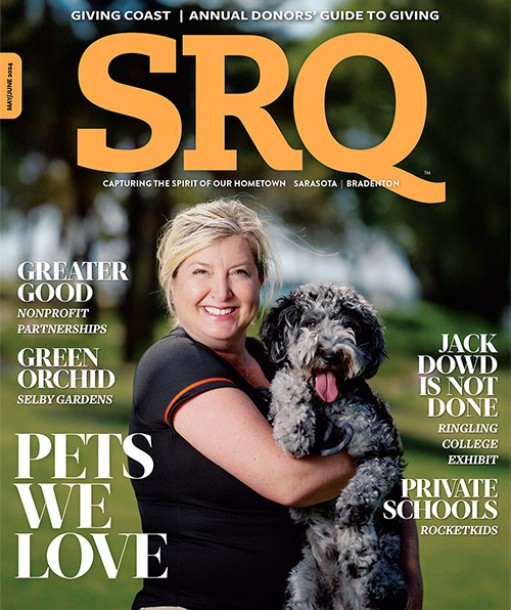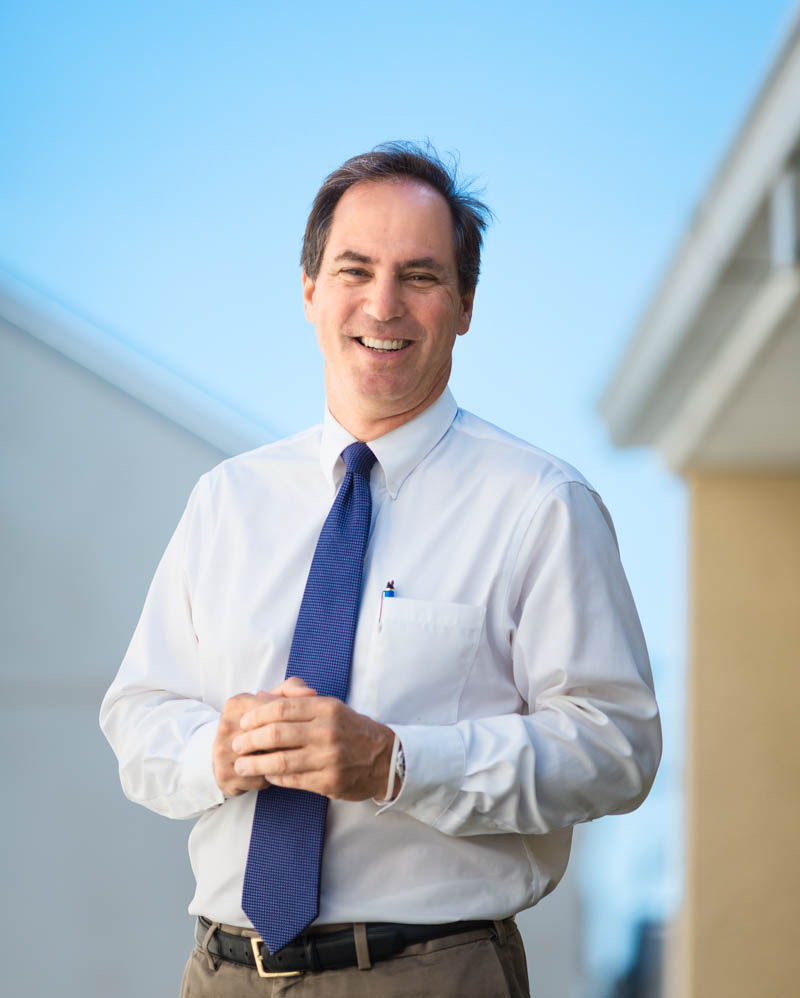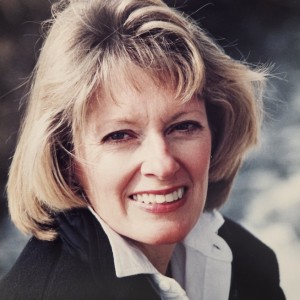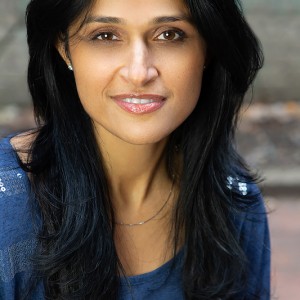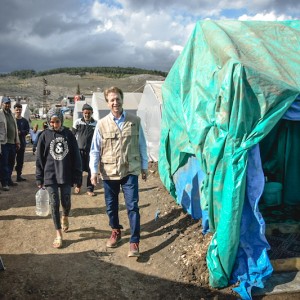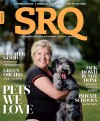“My name is Jay Berman. I’m a native of Sarasota.” Ask Jay Berman, executive director at the Glasser/Schoenbaum Human Services Center, about himself and these are liable to be the first words out of his mouth. It’s only fitting that the man responsible for the daily operations of one of the largest and most expansive not-for-profits would place such primacy in his community and how it made him the person he is today. Founded in 1990 by Dr. Kay Glasser and Betty Schoenbaum, the center now houses 17 distinct agencies on the grounds, offering aid from drug counseling to college assistance. Nearly 25 years later, Berman finds himself manning the hub that brings them all together.
Why make the switch to the not-for-profit world? In my career as a financial advisor, I had been asking people to make investments. I was asking them for money, hopefully to make them more, but sometimes they lost. This is similar, I’m just asking people to invest in their community. But I had always been involved in not-for-profits in some way. I was with Easter Seals, the YMCA, Fathers and Families in the Workplace, John Ringling Towers, and then I got involved with Sarasota County government on the volunteer side at the Human Services Advisory Committee.
Kay Glasser was one of the people who started the committee and because of that my relationship with her was very strong. She always talked about Glasser/Schoenbaum and getting involved. First I joined the board and then was the treasurer for two years. When Phil King decided to retire, I thought I’d like to complete the change from the for-profit world to the not-for-profit world. When you give, you’re living. It really makes you better. It’s better for the community.
What does “giving is living” mean to you? It comes from Betty Schoenbaum and I think it’s about how many people wait until the end to make their decisions about giving, whether it’s to their children, their charities or their churches – wherever. Betty cites proof from studies that giving can make you live longer, make you happier and make your current situation better. And you can give by giving time, by giving money, by making suggestions or by doing. So it isn’t necessarily that you’ve got to write a check, but you’ve got to do something. It’s for our community. And it’s an excellent community, full of excellent people.
What are your responsibilities at the Center? As executive director I’ve narrowed down what I do to 25 percent landlord, because we do manage the property and make sure everything works and is up to code; 25 percent community liaison, trying to make sure that the center and our community help our clientele the best we can (by paying attention to other not-for-profits, local events and social events, we keep informed and do the right thing for our community); 50 percent fundraiser, because as I raise funds I can do more for the Center, which does more for the agencies, which does more for the community.
How would you describe the Center’s impact? This Center is really the only one in the country. There’s a similar one, the Schoenbaum Center in West Virginia, but it’s not exactly the same. We look at this as a geographic collaboration. Kay Glasser wanted people to be able to come to one place and have a number of things taken care of because transportation is an issue. One of the huge strengths is that you can come here for one thing and actually address three or four other things. We had a situation where a family came to the Health Center for their smallest child. Then they went to UnidosNow, found out about college scholarships and were helped to apply. Now we think she’s going to be one of the first in her family to go to college. At any age, any socio-economic situation, someone can come here and hit more than one agency.
What’s the best part of your job? We help everybody. Anyone could need to go to Coastal Behavioral. Anyone could need to go to the Center for the Deaf and Hard of Hearing. Anyone could be part of the Suncoast Homelessness. The most affluent family can have a child with a drug problem. The most affluent family can have an aging parent with hearing problems. This is for everybody. But your involvement can be as a volunteer, as a client or as a donor. So we really are all-encompassing.
What does the future hold ? We’re looking at expanding the current property, but there is a clamoring for a center down in North Port. North Port is a very spread out city and there’s a push for services in a central location. If we can expand to North Port that would be a very logical choice because a number of our agencies here are also there. There is a tremendous need for all walks of life and if we can’t help you with the agencies here, we are connected to the agencies all over town, all over the county. Collaboration is a key word and with tax dollars and funding tight and need growing daily, we have the ability to help them to find something that fits for them and have them volunteer or give or get or grow an agency




